LSN plays pivotal role in providing access to information about COVID-19 vaccine

Local non-profit agency Language Services Network (LSN) continues to play a pivotal role in the fight against COVID-19, especially when it comes to reaching residents whose primary language is not English.
As part of efforts to help get more marginalized people in Fort Wayne vaccinated against COVID-19, the St. Joseph Community Health Foundation, in partnership with the Foellinger Foundation, has awarded LSN $5,000 in vaccination assistance funds. With its team of almost 70 contractors versed in 22 different languages for interpretation and 18 languages for translation, LSN has been able to help get non-English and limited-English speaking populations that have been disproportionately impacted by COVID-19 better access to information about the virus, the available vaccines, and how to get vaccinated.
“With COVID and everything with the pandemic, we have been getting more requests to do interpretation for events and translation of a lot of information about the vaccines,” says Raquel Kline, LSN’s director.
LSN provides language services far beyond COVID-19 information. From school interactions to doctor’s appointments to court issues, Kline says that interpreters provide critical services in everyday settings.
“Translators and interpreters are very important to the community,” offers Kline. “We have a very diverse community and without the work of translators and interpreters, we would be lost. We have families where English is not their primary language or if they do know some English, they are not proficient enough to communicate. That’s when interpreters play an important role in helping these families and individuals communicate in all types of situations.”
She also stresses that it is important to have professional interpreters and translators doing the work in order to make sure people are getting the correct information in their languages, but sometimes the translators and interpreters don’t always see the fruits of their labor. Their work on COVID vaccination outreach has changed that.
“Recently, people who have been doing translations about COVID and the vaccines were telling me, ‘We are the invisible labor; we do all the work, but we don’t get recognized,’” Kline shares. “But they were so excited when they saw that some of the translations were published and they said, ‘this is what we’re doing and I’m so proud to be part of an organization that’s doing so much for the community so that my community has the information that they need to know to get vaccinated.’”
For Kline, that realization that you don’t always know the difference you’re making in someone else’s life is key and it serves as a reminder about how important translation and interpretation services are.
“Language continues to be a barrier for a lot of families that live here in the county. Everybody talks about diversity and inclusion, and language is also part of being inclusive.”
